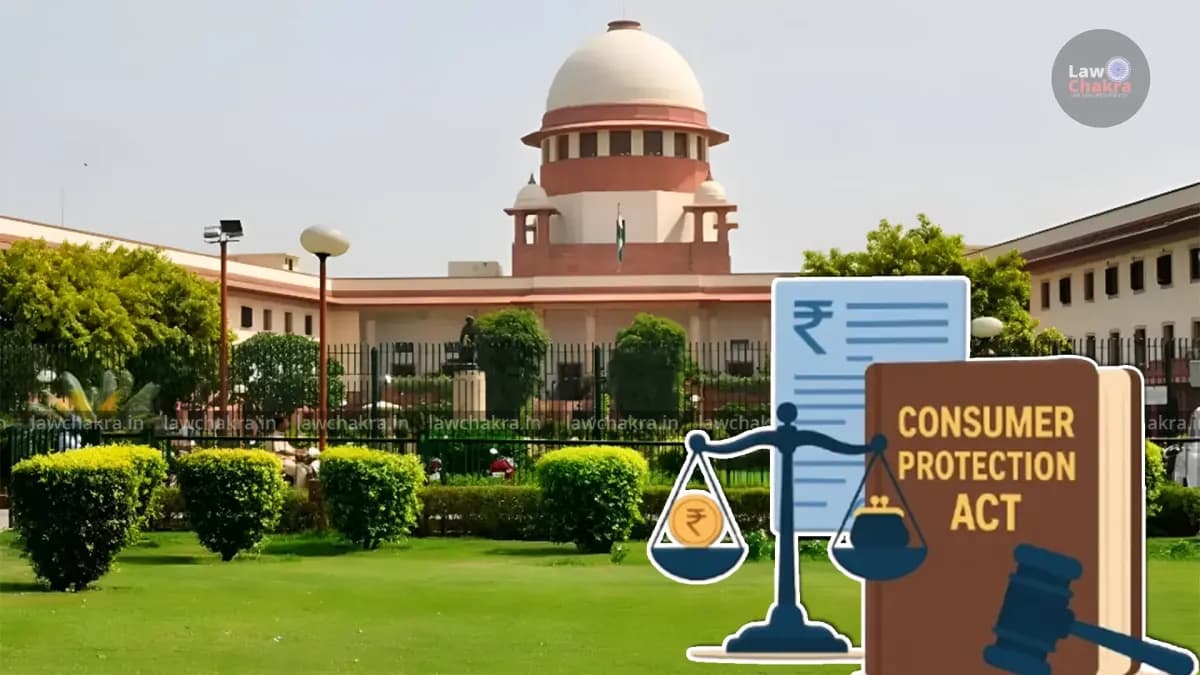
India Supreme Court: Companies Buying Business Software Are Not ‘Consumers’
Automating operations is a commercial activity with a profit link, ruling excludes companies from filing consumer complaints over software purchases.
The Supreme Court has ruled that companies purchasing software to organise or automate their business operations cannot claim the status of “consumer” under the Consumer Protection Act, 1986.
In M/S Poly Medicure Ltd. v. M/S Brillio Technologies Pvt. Ltd., a Bench comprising Justices JB Pardiwala and Manoj Misra held that such transactions are inherently commercial, as the software in question directly contributes to profit-making and operational efficiency. This, the Court said, places the purchase outside the definition of “consumer” in Section 2(1)(d) of the 1986 Act.
The case arose from a complaint filed in 2019 before the Delhi State Consumer Disputes Redressal Commission by Poly Medicure, a company involved in the import and export of medical devices. The firm had bought a licence for “Brillio Opti Suite” from Brillio Technologies and later alleged that the software malfunctioned. It sought a refund of the licence fee and development charges, along with interest, on grounds of deficiency of service.
The State Commission dismissed the complaint in August 2019, finding that the software was acquired for commercial purposes. The National Consumer Disputes Redressal Commission (NCDRC) upheld that decision in June 2020.
Before the Supreme Court, Poly Medicure argued that it had purchased the software solely for its own use and not for resale, contending that internal operational tools should not qualify as commercial acquisitions. It relied on prior rulings extending consumer protection to self-employed individuals whose purchases were linked to livelihood.
The Supreme Court disagreed, noting that although companies may file consumer complaints, they may do so only when the goods or services have no commercial purpose. Examining the nature of the software, the Bench found that it was used for export documentation, consignment tracking, foreign exchange management and handling statutory benefits — all integral to the company’s business.
The Court clarified that the “dominant purpose” test applies: software purchased to streamline business functions is meant to increase efficiency, reduce costs and ultimately boost profits. Such objectives, it said, clearly fall within commercial use.
Accordingly, the Court upheld the findings of the lower fora and dismissed the appeal,
concluding:
“The transaction of purchase of goods/services (i.e., software) had a nexus with the generation of profits and, therefore, the appellant cannot be considered a consumer under Section 2(1)(d) of the 1986 Act.”
For any enquiries please fill out this form, or contact info@thelawreporters.com and Follow The Law Reporters on WhatsApp Channels